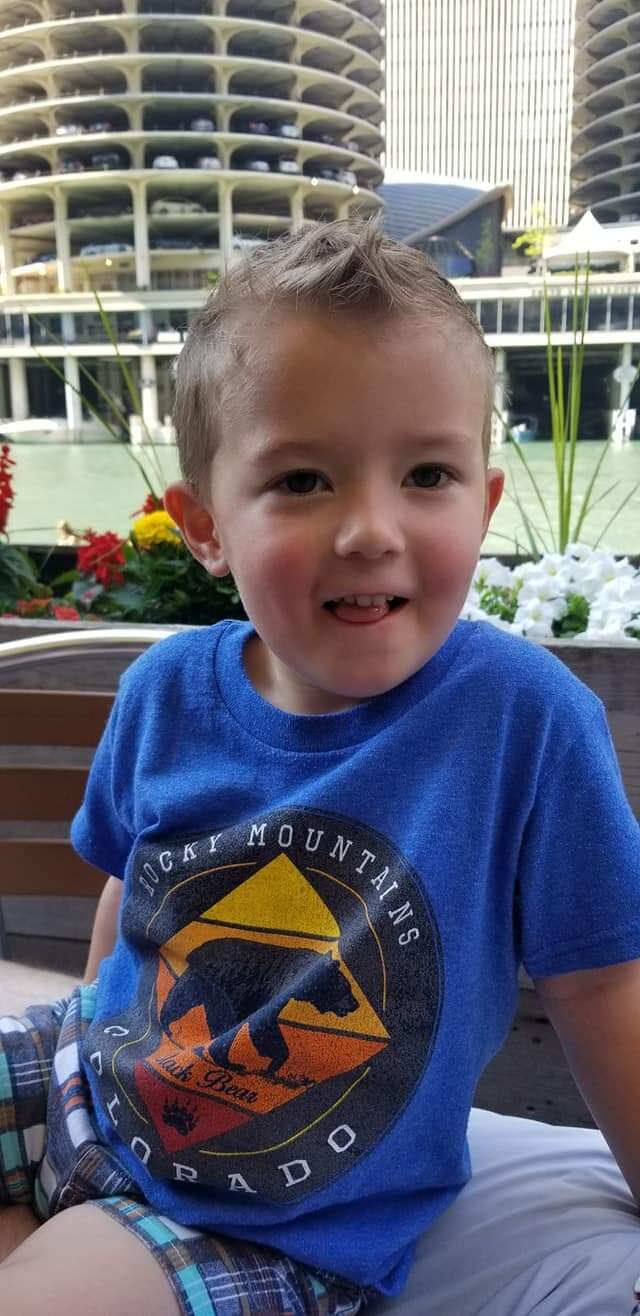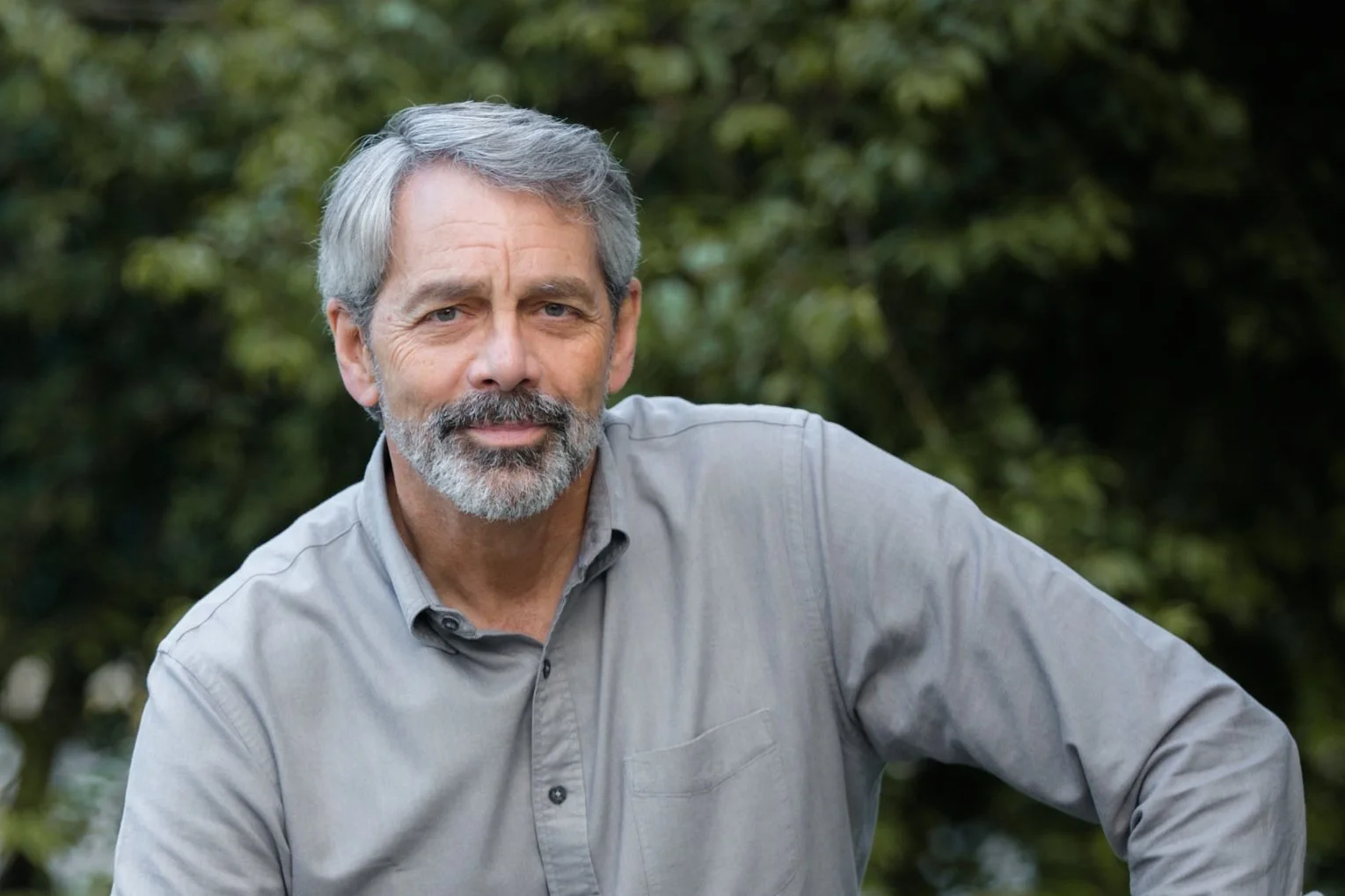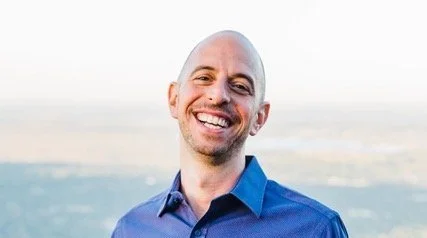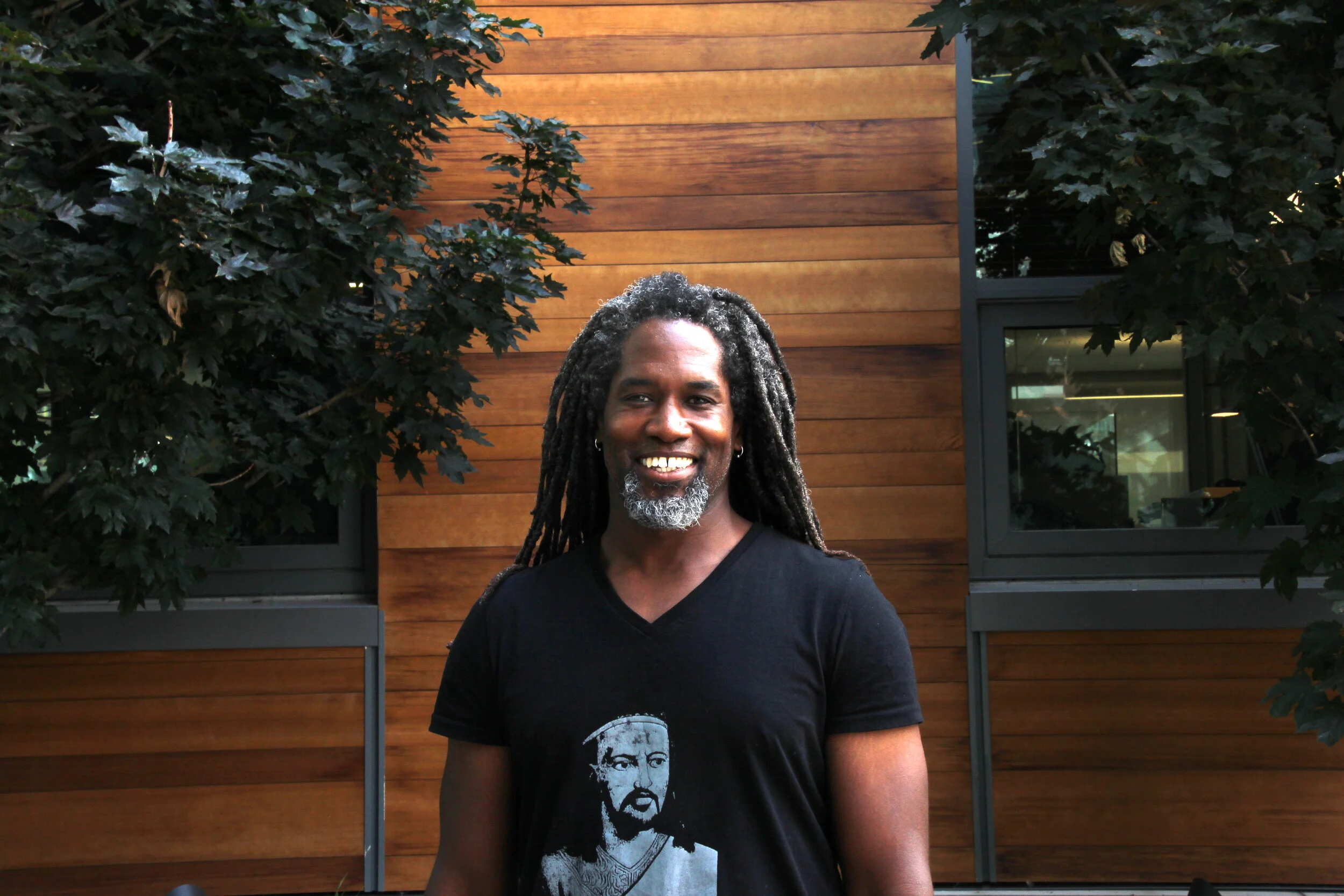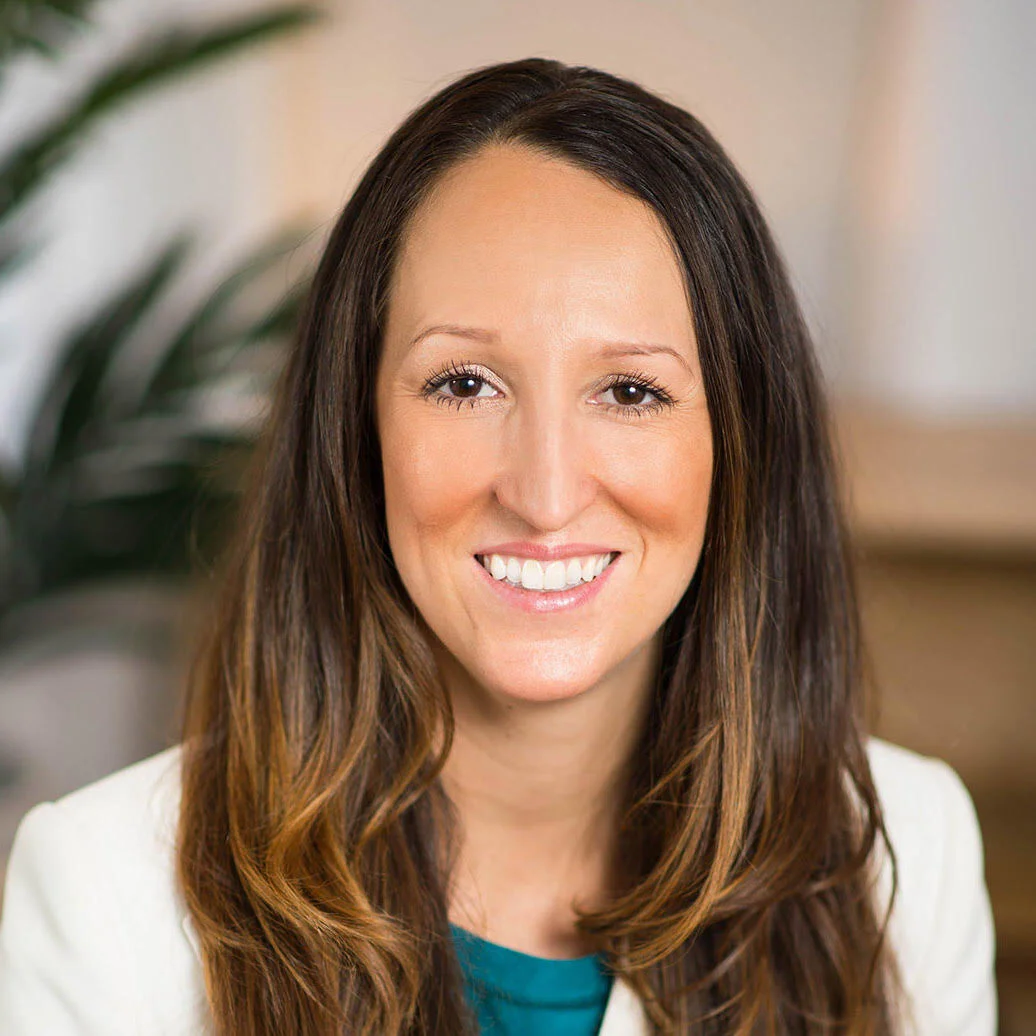#17 - What Being a Parent Taught Me About Managing Stress
#17 - What Being a Parent Taught Me About Managing Stress
Welcome to “The Elements of Being” podcast, where I dissect and explore the minds and habits of psychologists, filmmakers, writers, and industry icons. Essentially, we learn what makes them flip the switch to achieve great feats, goals, and milestones…and a chance to geek out over the psychology behind human behavior.
So, what is this podcast specifically about? I examine the mental and emotional narratives and processes that have steered writers, filmmakers, psychologists, and industry icons down their paths in life. Each episode also offers a glimpse into the trends and patterns of human behavior and the underlying influences that navigate us in different directions. Whether we primarily focus on nutrition or the unconscious, guests share insights, thought-provoking lessons, the nuances of creativity, and the elements of being….us.
Being a father now, it’s amazing what you can learn from your child. My 3-year-old son, Preston, has taught me to manage stress more effectively without knowing it! What a wise little man.
The ego of a typical adult human may exclaim: Babies teach us nothing! They are little animals trying to survive in nature. What do they know?!
But the truth is that giving birth to a child will change your life forever…and their lessons are endless. As a parent, you’ll always need to think about others, be mindful of your risk-taking behavior, plan ahead, focus on meaningful interaction, and show empathy and sympathy. Just sharing this list reminds me that we should be doing this anyway, with or without a child!
Honestly, my wife, Sammy, and I haven’t felt the drastic change in life that most people claim. The responsibilities and day-to-day specific approach may have been reshaped, but the principles are the same. Although this is true, Preston has inspired new approaches to managing stress. He unknowingly prepared a Stress 101 curriculum for me, his dad: A model of human instinctual behavior. It made me rethink my needs and how I structured my life to minimize stress.
Here’s what I specifically discussed:
-Recognizing our primary survival needs before pursuing any secondary tasks/projects (and how we cognitively overrule our survival nudges).
-Establishing consistent eating and sleeping routines (and why the human body depends on it).
-Maintaining a consistent reading habit (and the benefits we usually ignore).
To learn more about Michael Moody, check out his book "Redefine Yourself.”
